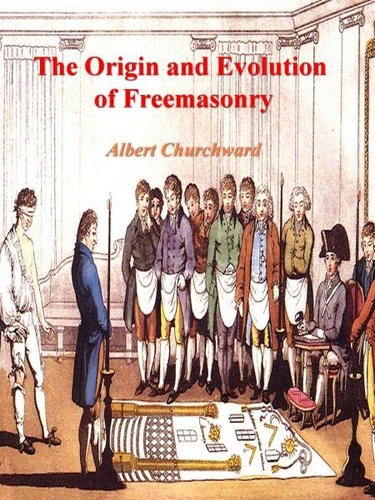The Origin and Evolution of Freemasonry
Par :Formats :
Disponible dans votre compte client Decitre ou Furet du Nord dès validation de votre commande. Le format ePub est :
- Compatible avec une lecture sur My Vivlio (smartphone, tablette, ordinateur)
- Compatible avec une lecture sur liseuses Vivlio
- Pour les liseuses autres que Vivlio, vous devez utiliser le logiciel Adobe Digital Edition. Non compatible avec la lecture sur les liseuses Kindle, Remarkable et Sony
 , qui est-ce ?
, qui est-ce ?Notre partenaire de plateforme de lecture numérique où vous retrouverez l'ensemble de vos ebooks gratuitement
Pour en savoir plus sur nos ebooks, consultez notre aide en ligne ici
- FormatePub
- ISBN978-80-87830-59-8
- EAN9788087830598
- Date de parution08/05/2025
- Protection num.Digital Watermarking
- Taille2 Mo
- Infos supplémentairesepub
- ÉditeurRare Treasure Editions
Résumé
First published in 1920, The Origin and Evolution of Freemasonry was written by Albert Churchward (1852-1925).
The works of Churchward have become classics, and this book is no exception. The depth of research in this book is impressive, and it goes far beyond the realm of Freemasonry, making it accessible to everyone. Churchward addresses the topics of socialism, anarchy, the composition of life, the Egyptian god Horus, primitive religious customs and how they became more sophisticated over time.
First published in 1920, The Origin and Evolution of Freemasonry was written by Albert Churchward (1852-1925).
The works of Churchward have become classics, and this book is no exception. The depth of research in this book is impressive, and it goes far beyond the realm of Freemasonry, making it accessible to everyone. Churchward addresses the topics of socialism, anarchy, the composition of life, the Egyptian god Horus, primitive religious customs and how they became more sophisticated over time.



